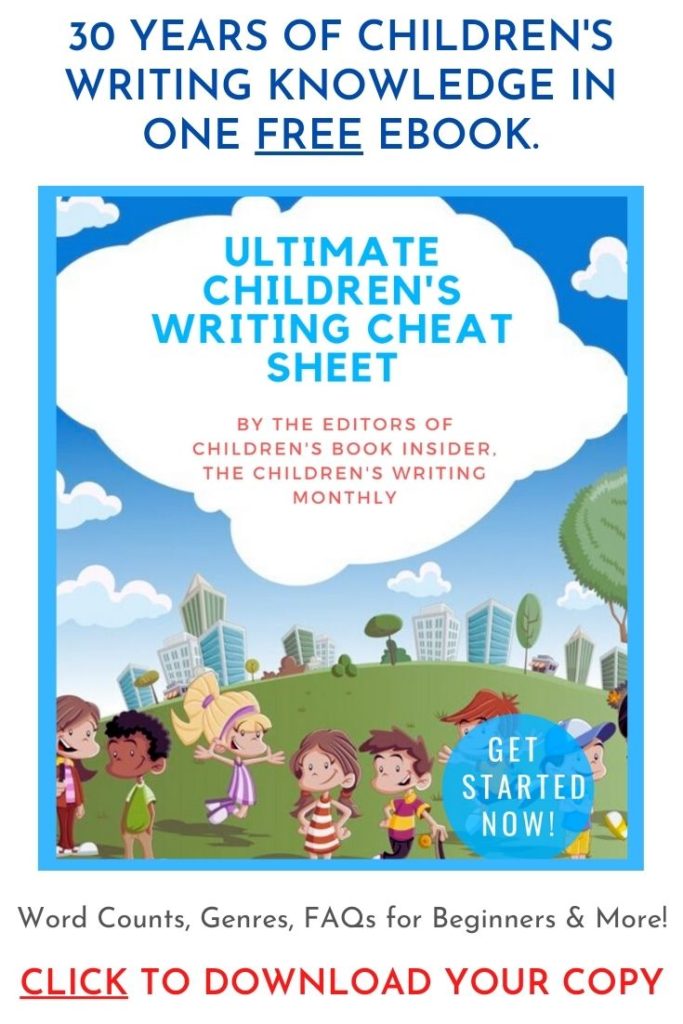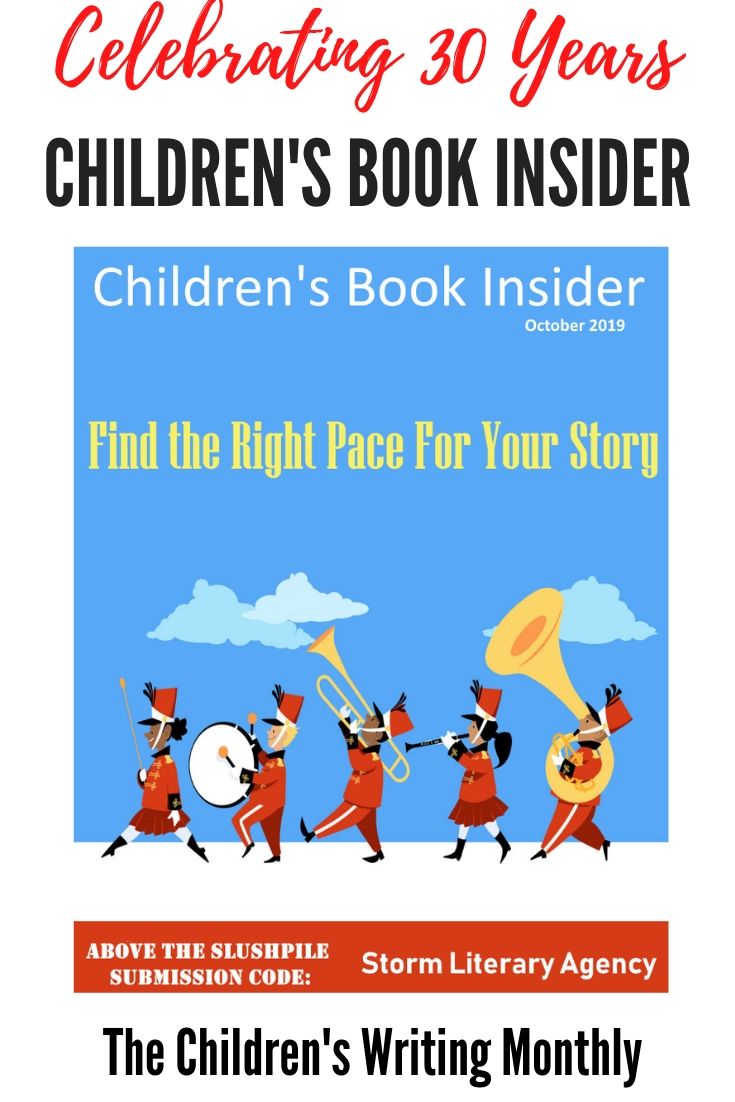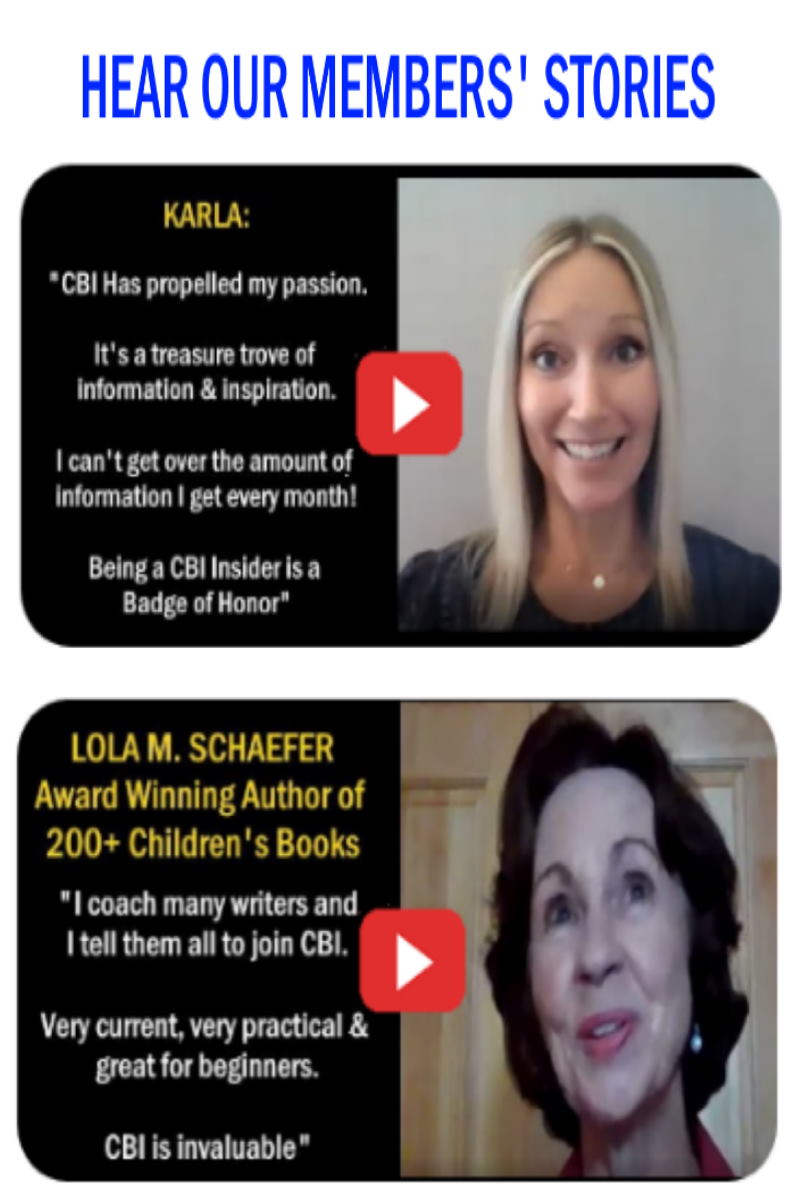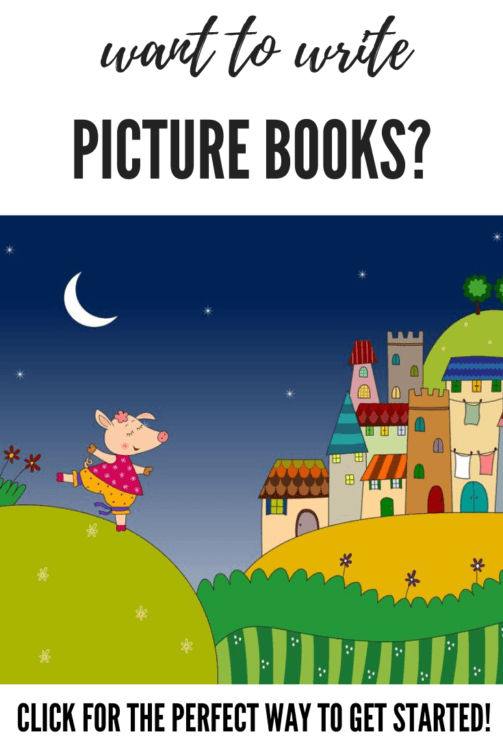
by JEN Garrett
When writers think of joining a group, they often think of joining a critique group. But this is only one type of writers’ group. Other reasons writers may join a group include accountability, networking, and brainstorming. All of these aspects are important to your writing journey, and can be a boon to your critique group. But not all writing groups focus on critiquing, even if they call themselves “critique groups”.
Critique Group
Most writers have an emotional cycle in their writing. We write because we are passionate about something and have a message to share. Then we try to get what is in our head on the paper and it sucks. We begin to doubt our ability, doubt that we have talent, doubt that we ever had inspiration in the first place. At this point, the smart writers walk away. But not forever. When we come back, the manuscript still sucks. But there’s something there that doesn’t suck. And now that we are looking at it with fresh eyes, we can detect the parts that don’t suck. We try to fix it as best we can on our own, but we’re still too close to the story. We need someone else. Maybe several someones. That’s where critique groups come in.
A critique group’s main focus is to give and receive feedback on manuscripts. Good critique groups help the writer revise their manuscript by pointing out its strengths and weaknesses in a kind and polite way. Writers continue to grow and hone their craft in the process. Good critique groups have stated goals and rules for exchanging manuscripts. These are established as soon as the group is formed, and revisited periodically to maintain order. When you have no manuscripts to critique, you may find you need a different type of writing group to continue on your writing journey.
Cheerleading Groups
Let’s say you have one published book or series, and now find yourself at the height of your writing career, with no desire to produce any more manuscripts. You probably don’t need a critique group anymore. What you might want instead is a writer’s group that will congratulate you and help you find more followers. You might need a “Street Team” to rave about your book, attend your book signings, and tweet about your success.
If you are pre-published, you may need extra encouragement to submit your polished manuscripts. Bringing them to your critique group, or to any group for that matter, would be a waste of time. But joining a writing group that cheers you on without reading your work can give you the confidence you need to keep going. These cheerleading groups are more likely to be found on social media than in person.
Write-Ins and Accountability Groups
Critique groups are great when you are revising a manuscript, but not so helpful when you simply need the motivation to keep your butt in chair and hands on keyboard (or pencil on paper, etc.). For these type of encouragement, I suggest instead looking for a “Write-In”.
Write-Ins are groups that meet together to, well, write! These groups can be in person or online, and usually include a specific amount of time for silent sustained writing. On Twitter, for example, you can join writing sprints under the hashtag #writingsprint. Simply tweet how long your sprint will be, or reply to another writer. After the sprint, tweet out your word count or mention something that surprised you. Other write-In groups might meet at a local cafe to socialize and encourage each other.
Similar to write-in groups are accountability groups. These groups tend to be more long-term than the write-ins, with each member keeping a running word count over a few days or weeks. NaNoWriMo.org, for instance, challenges writers to write 50 thousand words in 30 days. Some accountability groups meet via social media while others send running totals through email or direct messaging.
Brainstorming
Brainstorming is an important step in the writing process. From the initial spark to each revision pass, brainstorming can take a mediocre manuscript to a level of brilliance. However, a good critique group can separate brainstorming sessions from critique sessions.
As an incorrigible brainstormer, I sometimes fall into this trap when I critique. Instead of focusing on helping other writers find their own voice, I sometimes offer rewrite ideas disguised as “solutions”.
For example, if the manuscript says, “The scientist was sad because he failed.”
A good critiquer might comment, “How could the scientist’s feelings about failure be revealed instead of explained? Can you show us how he failed?”
But a brainstormer might say, “How about the scientist throws the beaker across the room? And couldn’t the scientist be a girl?”
The “solutions” offered by the brainstormer imply dangerous behavior that the original author may never have intended. And at this point the gender of the character is irrelevant to the problem. On the other hand, the critiquer is offering direction through questions that allow the author to find their own solutions.
My awesome critique group politely redirects me when I start sliding into brainstorming mode, and because of that I’ve learned to focus on critiquing. If, however, your writers’ group doesn’t seem to recognize the difference, then it’s probably actually a brainstorming group rather than a critique group.
Social Club
While it’s important to get to know the other members of your group, good critique groups don’t spend entire critique sessions socializing. There are, however, organizations that often do have regional social events. SCBWI, for example, have local events with such titles as “Mix and Mingle”, “KidLit Mingle”, and “Coffee and Chat”. Other socializing writers groups in your area might be found on Meetup. Like most professionals, writers need other writers who can empathize. Social events can provide imaginary water coolers where writers swap experiences and build camaraderie.
Writers can also find these kinds of writers’ social clubs online. Social media has the word ‘social’ in it for a reason. For example, when your polished manuscript keeps getting rejected and your thick skin is looking a little scarred, you may need to know that your experience is not unique. And trust me, it’s not. Reaching out in a tweet, posting a meme through Instagram, or posting about it in Facebook will elicit sympathetic likes and replies from your online network. Some websites, such as Goodreads, also have social forums where you can connect with other understanding writers.
The word of caution here is to always be professional and polite in these social situations. Make sure your interactions are mostly positive, and are never adversely directed toward any specific person. Receiving a form rejection is a normal part of the writing journey. And, yes, it hurts. But that’s never a good reason to insult the agent or agency that rejected your work.
Why Choose Just One?
Many writers need more than one type of writing group depending on their writing journey. It’s essential to prioritize your needs and decide which groups will best fill those needs. Also, consider your schedule and writing strengths. For example, I belong to several writers’ groups, but only have one that meets regularly in-person. I have found that my other writing needs are better met by online groups and the occasional in-person event.
Check all that Apply
Critique: I need a group of writers that will help me revise and polish my manuscripts
Cheerleading: I need a group of friends who can encourage me to meet my goals without knowing all the specifics of my writing journey.
Accountability: I need a group to whom I can report my writing progress.
Brainstorming: I need a group to help me come up with new ideas or to help me develop my manuscript.
Social: I need other writers with whom I can celebrate and commensurate the ups and downs of my writing journey.
JEN Garrett writes for, about and around children all day. But sometimes she finds time to do the dishes at her home in Northern California. She also finds time to be the SCBWI Critique Carousel Coordinator for her region, query agents, and read mountains of books. How? We don’t know. You can find more about her at http://www.lexicalcreations.weebly.com
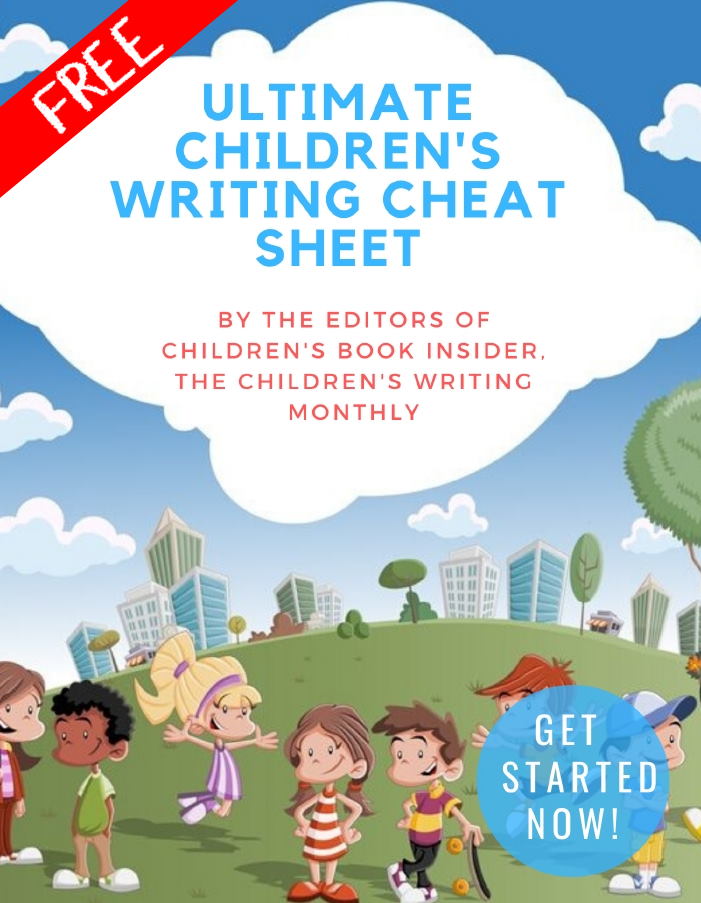
✏ Word Counts & Age Groups for Every Kidlit Category
✏ FAQs, Glossaries and Reading Lists
✏ Category-specific Tips, from Picture Books Through Young Adult Novels
✏ 5 Easy Ways to Improve Your Manuscript
✏ Writing For Magazines …and more!
This is a gift from the editors of Children’s Book Insider, and there’s no cost or obligation of any kind.
We will never spam you or share your personal information with anyone. Promise!
